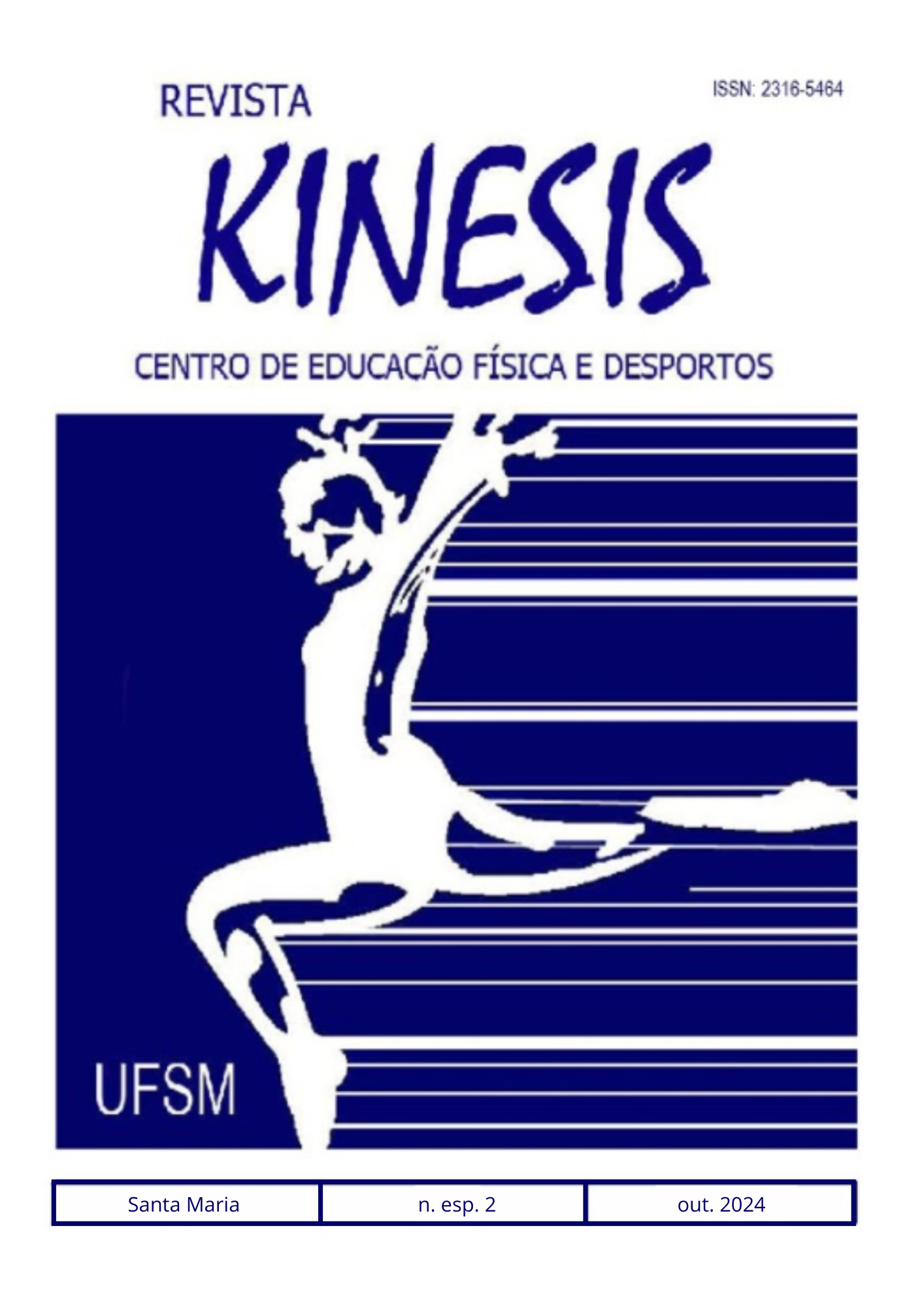Intercultural Curriculum and the challenges of a democratic republic
DOI:
https://doi.org/10.5902/2316546487915Keywords:
Republican school, Diversity, Indigenous educationAbstract
This essay aims to problematize the potentialities of a curriculum devised from an intercultural perspective, which is concerned with the challenges that characterize a republican school in democratic societies. The methodological perspective is of a qualitative nature, relying on bibliographical and, to a lesser extent, documentary research. It presents as a result the concerns regarding the reconciliation of cultural aspects with the perspective of a common world exemplified in the indigenous theme and its insertion in regular schools. It concludes that an intercultural curriculum means a gain in terms of diversity which is compatible with democratic plurality.
Downloads
References
ARENDT, H. A condição humana. Rio de Janeiro: Forense Universitária, 2010.
CIMI/Setor de Documentação. Com as próprias mãos – professores indígenas construindo a autonomia de suas escolas. Brasília: CIMI, 1992.
CORTINA, A. Cidadãos do mundo: para uma teoria da cidadania. São Paulo: Edições Loyola, 2005.
CUNHA, M. (org.). História dos índios no Brasil. São Paulo: Companhia das Letras, 1992.
DORNELLES, E. N. P.; VERONESE, O. A falta de representatividade indígena nos parlamentos brasileiros: a democracia representativa vigente deve ser (re)inventada? Revista Eletrônica Direito e Política, Programa de Pós-Graduação Stricto Sensu em Ciência Jurídica da UNIVALI, Itajaí, v. 13, n. 1, 1º quadrimestre de 2018.
FENSTERSEIFER, P. E. A tarefa educacional na especificidade da escola. Ijuí: Unijuí, 2020.
FENSTERSEIFER, P. E.; PICH, S. Educação, educação física escolar e diversidade cultural. In: Rev. Bras. Ciênc. Esporte, Florianópolis, v. 36, n. 2, supl., p. S283-S296, abr./jun. 2014. Disponível em: http://revista.cbce.org.br/index.php/RBCE/article/view/2133. Acesso em: 23 dez. 2022.
FLORES, J. H. Teoria crítica dos direitos humanos: os direitos humanos como produtos culturais. Rio de Janeiro: Lumen Juris, 2009.
GONÇALVES, C. W. Apresentação da edição em português. In: LANDER, E. (org.). A colonialidade do saber: eurocentrismo e ciências sociais. Perspectivas latino americanas. Coleção Sul, CLACSO. Buenos Aires - Argentina. Setembro 2005.
KAYAPÓ, E.; BRITO, T. A pluralidade étnico-cultural indígena no Brasil: o que a escola tem a ver com isso? Mneme – Revista de Humanidades, [S.l.], v. 15, n. 35, p. 38-68, 2015. Disponível em: https://periodicos.ufrn.br/mneme/article/view/7445. Acesso em: 26 dez. 2022.
KRENAK, Aílton. Ideias para adiar o fim do mundo. São Paulo: Companhia das Letras, 2019.
KRENAK, A. Uma visita inesperada. In: GRUPIONI, L. D. Benzi. VIDAL, L. B. FISCHMANN, R. (org.). Povos indígenas e tolerância: construindo práticas de respeito e solidariedade. São Paulo: Universidade de São Paulo, 2001. p. 71-79.
PIERUCCI, A. F. Ciladas da diferença. São Paulo: Editora 34, 1999.
PRESTES, F. da S.; FENSTERSEIFER, P. E. As sociedades democráticas e republicanas e as perspectivas indígenas: difíceis e incontornáveis questões para a educação escolar. In: CABELEIRA, M. D. S.; KONAGESKI, J. T. B. Formação humana da contemporaneidade. Cruz Alta: Ilustração, 2022. p. 63-71.
PRESTES, F. da S.; FENSTERSEIFER, P. E. O ensino da temática indígena: tecendo saberes a partir dos princípios do buen vivir. In: PRESTES, F. da S.; JUNGES, F. C.; CALLAI, H. C.; SILVA, S. P. Escrita e pesquisa em educação nas ciências: experiências do pós-doutorado. Cruz Alta: Ilustração, 2021. p. 97-112.
REIS, D. A. dos. Currículo intercultural crítico na escola: formação que produz diferenças. In: Revista Teias, v. 18, n. 50, jul/set. 2017. Disponível em: https://www.e-publicacoes.uerj.br/index.php/revistateias/article/view/29154. Acesso em: 23 dez. 2022.
SANTOS, B. de S.; MENESES, M. P. (org.). Epistemologias do Sul. São Paulo: Cortez, 2010.
SAVATER, F. O valor de educar. São Paulo: Martins Fontes, 2000.
Downloads
Published
How to Cite
Issue
Section
License
Copyright (c) 2024 Paulo Evaldo Fensterseifer

This work is licensed under a Creative Commons Attribution-NonCommercial-ShareAlike 4.0 International License.
The works must be submitted in the digital format of the SEER platform, via the electronic address: http://periodicos.ufsm.br/kinesis/index. In case of any doubts, contact the editorial team through the email kinesisrevista@ufsm.br. The authorship that publishes in the Kinesis journal agrees to the following terms:
- They retain copyright and grant the journal the right of first publication.
- They allow and are encouraged to publish and disseminate their work online (e.g., in institutional repositories or on their personal page) as this can cause positive alterations, as well as increase the impact and quotation of the published work.







